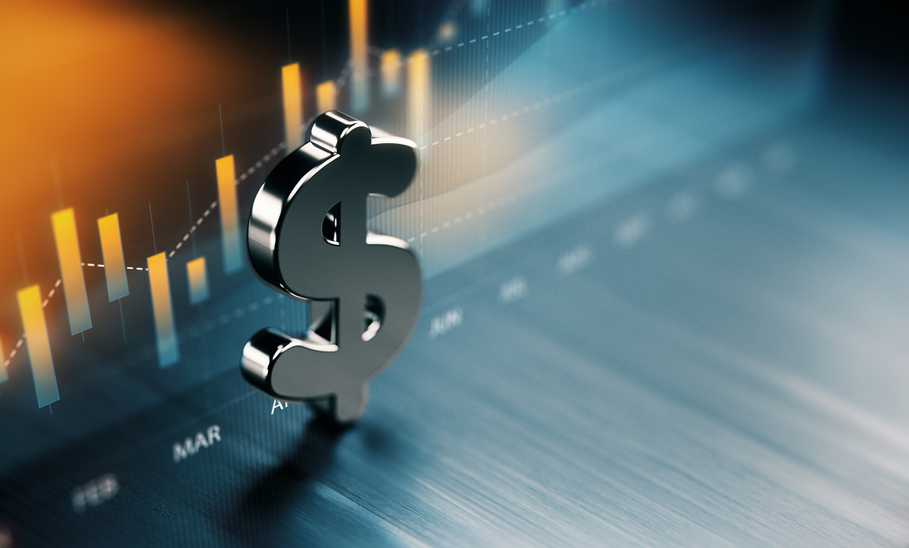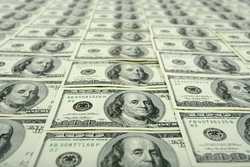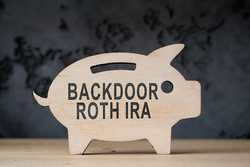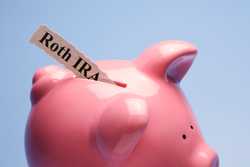What Are Dividend Stocks, How They Work And How To Invest In Them

Our evaluations and opinions are not influenced by our advertising relationships, but we may earn a commission from our partners’ links. This content is created by TIME Stamped, under TIME’s direction and produced in accordance with TIME’s editorial guidelines and overseen by TIME’s editorial staff. Learn more about it.
Dividend stocks are companies that pay out a portion of their profits to shareholders. These payouts can come monthly, quarterly, or annually. There are different types of dividends and there isn’t a set amount a company pays out. Here’s how dividend stocks work and what you need to know as you’re exploring alternative investments.
Find the right financial advisor with WiserAdvisor
Find the right financial advisor with WiserAdvisor
You can choose to invest in dividend stocks just like you would other types of stocks. You can buy shares of a stock through your brokerage account or other types of investment accounts, like your 401(k) or IRA.
A company’s board of directors calls the shots on dividend payments. The board must agree to issue a dividend and agree on the amount to be paid out. Dividends can be cash payments, stock shares, or reinvestment programs.
The most important dates to be aware of are the payout date and the ex-dividend date.. The ex-dividend date is the cut-off date to get paid the declared dividend and is usually one day before the record date — the day a list of eligible shareholders is compiled. To receive the dividend, you’ll need to be on the company’s shareholder books before the ex-dividend date. If you buy after, you’ll have to wait until the next payment, which could be next month, next quarter, or next year.
How much you earn in dividends comes down to how the company has laid out its dividend program. You could receive cash, which usually goes into your investment account. This is the most common type of dividend and can be withdrawn or used to grow your portfolio.
You can also receive stock dividends. Instead of cash, you’ll get extra shares of the stock you hold. Some companies offer dividend reinvestment programs, or DRIPs, where you earn dividends and reinvest them back into the company. Some companies offer special dividends, which are an extra, one-off bonus outside of regular dividends.
How much you get paid depends on several factors. Payout rates vary by company, with some being more generous than others, and dividends are paid per each share of stock, meaning the more stock you own, the more you’ll earn in dividends. Moreover, sometimes companies have lower payout amounts but pay out more frequently, like every quarter instead of every year.
Dividend stocks are taxable, but the rate you’re taxed depends on how long you’ve been a shareholder and the type of account the dividend stocks are in.
Qualified dividends are taxed at the long-term capital gains rate. If you’ve had the stock for at least 60 days before the ex-dividend date, the dividend is qualified. The long-term capital gains rate is 0%, 15%, or 20%, depending on your income.
If you have nonqualified dividends, you’ll be taxed at the short-term capital gains rate, which is the same tax rate as your regular income. This rate ranges from 10% to 37%, depending on your income.
You can invest in dividend stocks just like you would with any other stock — through your brokerage or other investment account. You can look at dividend stocks based on their yield or growth. The dividend yield tells us how much a company pays out in dividends relative to its share price. The higher the yield, the more you can make. But keep in mind that lower stock performance inflates the yield and that higher payouts may not be sustainable.
You can also explore stocks by dividend growth. These are companies that regularly increase their dividends over time. They tend to have a lower yield, but the consistent payout increase over time might make them more attractive.
You can explore dividend-paying companies in many different industries, including tech, healthcare, banks and financial companies, oil and gas, and more. Be careful not to just chase the highest yielders. Do your homework on each stock and keep in mind that companies with consistent earnings and healthy finances generally make the best dividend stocks.
Many brokerage and investment accounts, such as J.P. Morgan*, have stock comparison tools so you can make safe investments with the information at hand. However, if you are unsure about which investments are right for you or need help creating a long-term investment plan, consider consulting with a financial advisor from SmartAdvisor by SmartAsset (an online financial advisor database) who can offer personalized guidance based on your individual financial situation and goals.
The Dividend Aristocrats are companies that have a long history of paying out and increasing dividends. They’re stable in the S&P 500, have a market capitalization of at least $3 billion, have an average trading volume of at least $5 million, and have paid and raised their dividends for at least 25 straight years.
Both Verizon and AT&T are dividend stocks. So are Prudential and Truist. Car manufacturer Ford is a dividend stock, and so is the drugstore Walgreens.
Dividends are stocks; they are just stocks that make regular payouts to their shareholders. You can get a stock without a dividend payment — it’s not required for stocks to offer this. Paying a dividend doesn’t necessarily mean the stock is a worthy investment.
When a company announces a dividend payout, many investors might rush to buy into it, mainly because they can see how much they’ll earn before the ex-dividend date. This can cause the stock price to go up as more people are interested in the stock.
On the ex-dividend date — when new investors are no longer eligible for the recent dividend payout — current investors might drive down the stock price, but it’s usually temporary. And this might only be for high-yield dividends. For smaller payouts, and even consistent ones, there might not be any difference in share price.
Dividends are paid according to how the company laid out its dividend payments. These can be monthly, quarterly, or annually. Companies might even offer special dividends when their stock performs particularly well or after they receive a big windfall. Dividends can come in the form of cash, which is most popular, additional stock, or dividend reinvestments.
Companies pay dividends for a few different reasons. Some companies want to share their profits with their shareholders and, above all, give them an extra reason to hold onto the stock. Some companies increase dividends over time to show they are a stable and safe investment. Other companies want to grow their investor reach, so they will start to offer regular dividend payouts.
*INVESTMENT AND INSURANCE PRODUCTS ARE: NOT A DEPOSIT • NOT FDIC INSURED • NO BANK GUARANTEE • MAY LOSE VALUE.
The information presented here is created by TIME Stamped and overseen by TIME editorial staff. To learn more, see our About Us page.




